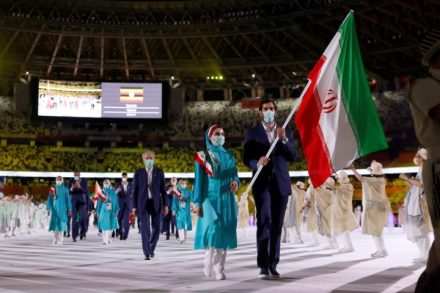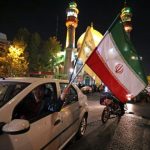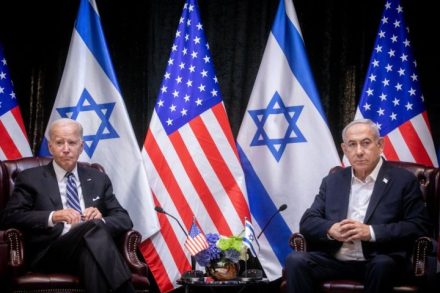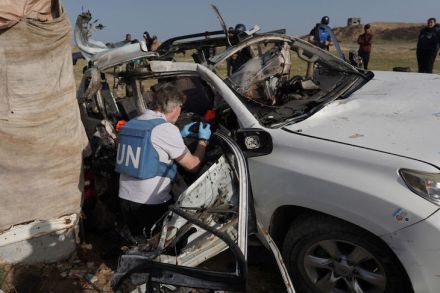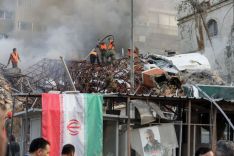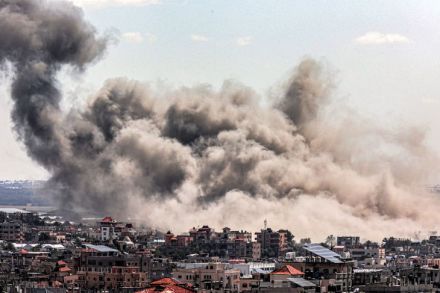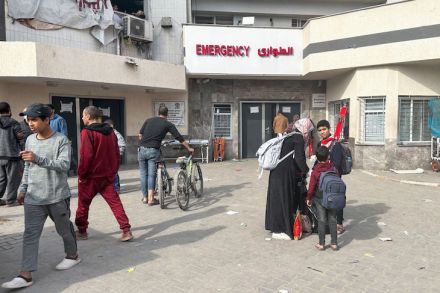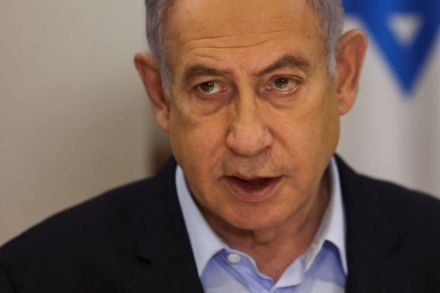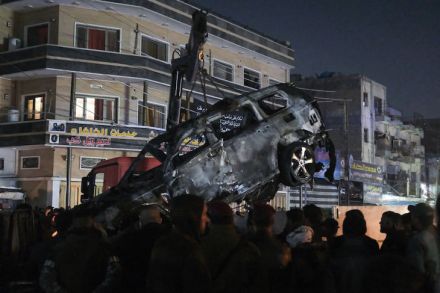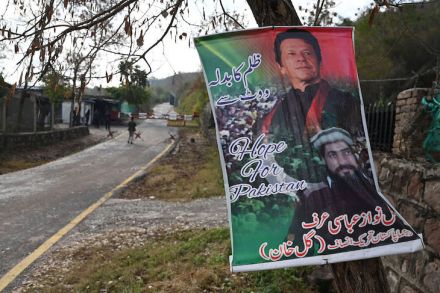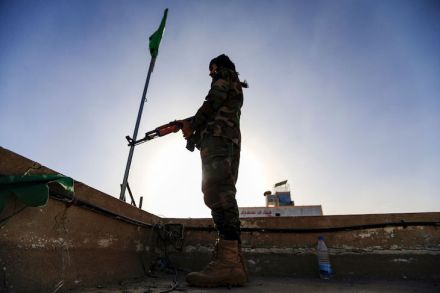Iran should be banned from the Paris Olympics
Few would disagree with Ben Wallace’s description of Iran as a ‘bully’. The former defence secretary made his comments earlier this week after Iran’s missile attack on Israel. ‘The only option when Iran and Russia hit, I have concluded, is to hit back twice as hard and not stop until they get the message,’ wrote Wallace in the Daily Telegraph. The UK, along with the US, have since extended sanctions against Iran, as has the EU. ‘We feel it’s very important to do everything to isolate Iran,’ said EU summit chairman Charles Michel. Even before the missile attack against Israel, there had been another call to ban Iran from the
